Religious Education
Since September 2006 pupils have followed the revised Herefordshire County agreed syllabus which provides the framework for the teaching of R.E. All children receive a broadly Christian-based education, but this is supplemented with studies of other faiths. R.E can be studied via group, class or individual work and a great deal of interest can be generated via exciting stories both from the Bible and through other stories from different faiths. We try to help children ‘travel’ from the world they know into lesser known places and peoples.
We try to give our children an insight into world religions. We have strong links with the local church, St Margaret's Church in Wellington. If you have any concerns regarding the teaching of R.E. or wish to withdraw your child from R.E lessons please contact Ms Kneale.
Intent
Our primary aim within RE is to engage pupil in systematic enquiry into significant human questions which religions and worldviews address, so that they can develop the understanding and skills needed to appreciate and appraise varied responses to these questions, as well as develop responses of their own.
Religious Education has a significant role for the development of pupils’ spiritual, moral, social and cultural development. It promotes respect and open-mindedness towards others with different faiths and beliefs and encourages pupils to develop their sense of identity and belonging through self-awareness and reflection. The principle aim of RE is to engage pupils in an enquiry approach where they can develop an understanding and appreciation for the expression of beliefs, cultural practices and influence of principle religions and worldviews in the local, national and wider global community.
Implementation
The religious education in our school will contribute dynamically to children and young people’s education in schools by provoking challenging questions about meaning and purpose in life, beliefs about God, ultimate reality, issues of right and wrong and what it means to be human. We will do this by offering the following experiences and enrichment opportunities:
Experiences and enrichment opportunities:
- handling artefacts
- exploring scared texts
- using imaginative play or drama to express feelings and ideas
- responding to images, games, stories, art, music and dance
- meeting visitors from local religious communities
- making visits to religious places of worship where possible, and where not, making use of videos and the internet
- taking part in whole school events- (multi-faith days, Harvest Festival, school performances)
- participating in moments of quiet reflection
- participating in Open the Book assemblies
- using ICT to further explore religion and belief globally
- comparing religions and worldviews through discussion
- debating and communicating religious belief, worldviews and philosophical ideas and answering and asking ultimate questions posed by these
- children will produce art work in response to their learning
Impact
We envision our RE curriculum impacting the children in the following ways:
- Know about and understand a range of religions and worldviews so that they can:
- Describe, explain and analyse beliefs and practices, recognising the diversity which exists within and between communicates and amongst individuals
- Identify, investigate and respond to questions posed, and responses offered by some of the sources of wisdom found in religions and worldviews
- Appreciate and appraise the nature, significance and impact of different ways of life and ways of expressing meaning.
- Express ideas and insights about the nature, significance and impact of religions and worldviews so they can:
- Explain reasonably their ideas about how beliefs, practices and forms of expression influence individuals and communities
- Express with increasing discernment their personal reflections and critical responses to questions and teachings about identity, diversity, meaning and value, including ethical issues.
- Appreciate and appraise varied dimensions of religions.
- Gain and deploy the skills needed to engage seriously with religions and worldviews so that they can:
- Find out about and investigate key concepts and questions of belonging, meaning, purpose and truth, responding creatively
- Enquire into what enables different individuals and communities to live together respectfully for the wellbeing of all
- Articulate beliefs, values and commitments clearly in order to explain why they may be important in their own and other people’s lives.
By the time our children leave primary school we want them to have the skills and knowledge to be able to not only express their views and beliefs but to be able to respect and understand the views of other people locally and worldwide. We want them to have an interest and desire to learn more about the religions and world beliefs in the local, national and wider global community.




